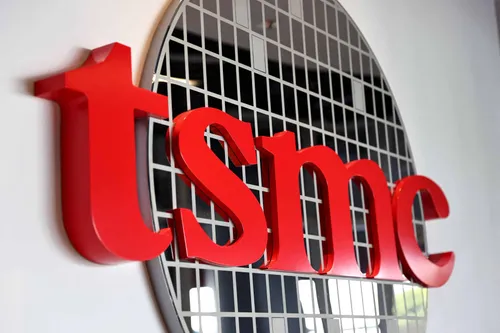
During the TSMC's annual North America Technology Symposium, the company announced its new A16 chip production process. It is a 1.6nm node process representing a breakthrough in technology. TSMC has been working hard to reduce the node size with every new production process, and now the company has revealed the 1.6nm chip process that can be utilized by companies in the coming years. This breakthrough will unlock new levels of performance and innovation for Apple's future product lineup.
The A16 node process brings numerous improvements compared to the N2P 2-nanometer process node. The A16 node process offers a significant performance boost over the N2P, delivering 8-10% higher speeds while using 15-20% less power. It features a new technology called Super Power Rail that uses the backside power delivery architecture. This frees up space on the front for more data lanes, boosting transistor density and power delivery.

TSMC and Apple have a good relationship, and it seems likely that Apple will pair up with TSMC for future deals. Hence, Apple may utilize the 1.6nm chip process for the 2026 iPhone 18 models. Meanwhile, TSMC is also working on the 2nm and 1.4nm chips.
Apple may use the 2nm process in 2025, but still 3nm for this year
According to , Apple may utilize TSMC's N3E process based on 3nm for its A18 chip on this. The N3E process will feature improvement over the N3B process used on the A17 Pro chipset. If everything remains good, TSMC is expected to begin the production of the 2nm manufacturing process in the year 2025. Hence, it is expected that the 2025 iPhone 17 series will utilize the 2nm process with the A19 chip.
While smaller nodes offer significant advantages, they also come with unique challenges that need research, production facilities, and specialized equipment that ultimately affect the price of the devices.
In a nutshell, Apple is expected to make a huge improvement in the year 2026. While this year's iPhone 16 gets the 3nm process with some improvements, and next year's chips get the 2nm process.
Loading






